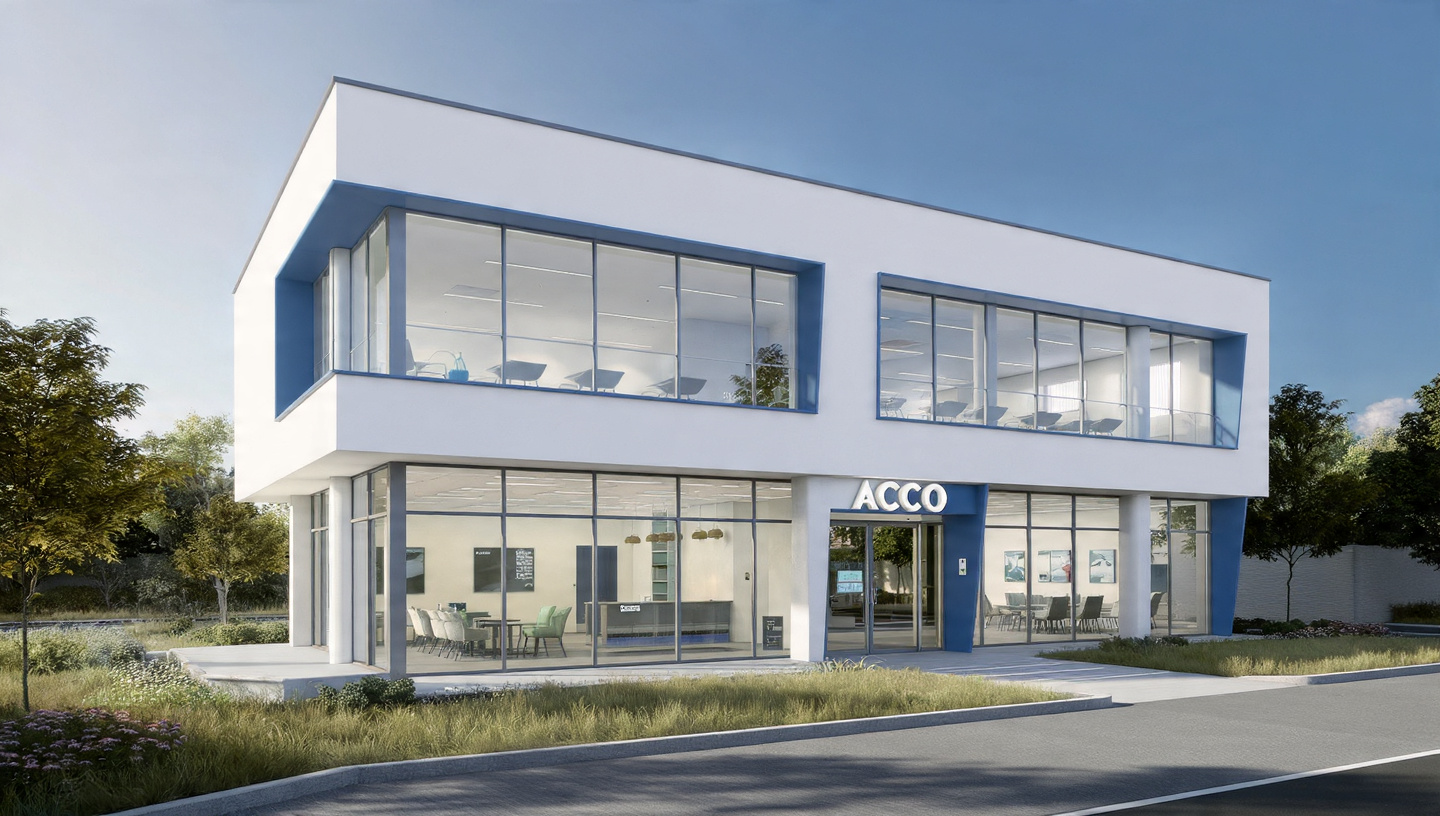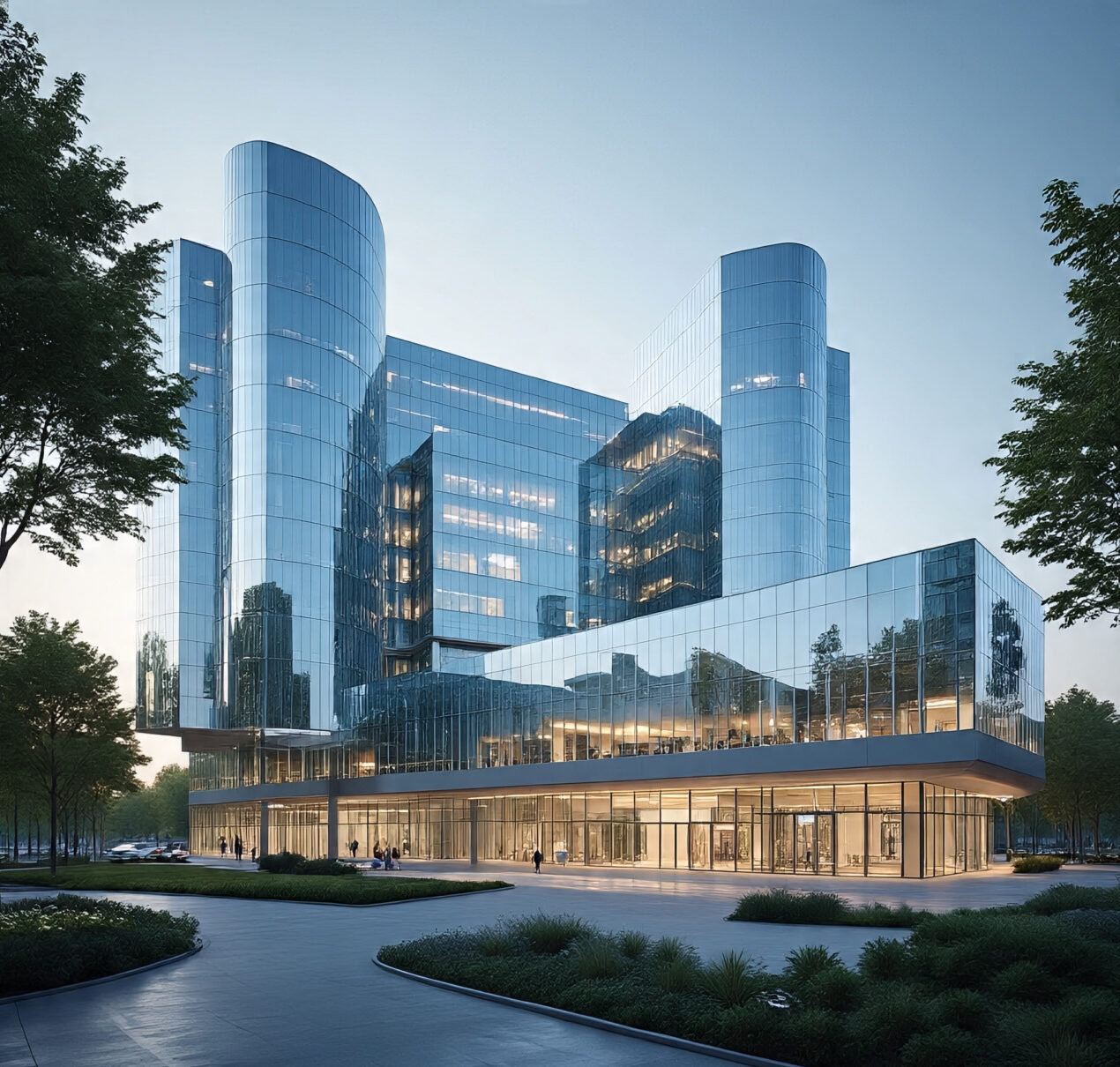
ACCO Leading Hospital Design Experts in Saudi Arabia
- Introduction
- Brief overview of ACCO and its role in hospital design
- Importance of hospital design in healthcare
- The Rise of ACCO in Saudi Arabia
- History of ACCO in Saudi Arabia
- Key milestones and achievements
- Innovative Hospital Design Concepts
- Patient-centered design
- Sustainable and green building practices
- Integration of technology in design
- Patient-Centered Design Approach
- Enhancing patient experience
- Family-friendly facilities
- Privacy and comfort considerations
- Sustainable and Green Building Practices
- Energy-efficient designs
- Use of eco-friendly materials
- Water conservation strategies
- Integration of Technology in Design
- Smart hospital concepts
- Telemedicine infrastructure
- Advanced medical equipment accommodation
- Key Projects by ACCO in Saudi Arabia
- Overview of major hospital projects
- Unique features of each project
- Impact on Healthcare Delivery
- Improved patient outcomes
- Efficiency in hospital operations
- Enhanced staff productivity
- Challenges in Hospital Design
- Balancing aesthetics and functionality
- Meeting regulatory requirements
- Adapting to cultural preferences
- Collaborations and Partnerships
- Working with local and international stakeholders
- Academic partnerships for research and innovation
- Future Trends in Hospital Design
- Predictive design using AI
- Modular construction methods
- Personalized patient environments
- ACCO’s Commitment to Quality and Excellence
- Continuous improvement strategies
- Adherence to international standards
- Testimonials from Healthcare Professionals
- Feedback from doctors and nurses
- Patient testimonials
- Why Choose ACCO for Hospital Design?
- Unique selling points
- Comparison with competitors
- Conclusion
- Summary of ACCO’s contributions
- Future outlook
- FAQs
- What makes ACCO a leader in hospital design?
- How does ACCO incorporate patient feedback into its designs?
- What are some examples of sustainable practices used by ACCO?
- How does technology influence ACCO’s hospital designs?
- What future trends in hospital design can we expect from ACCO?
Article
Introduction
When it comes to designing state-of-the-art hospitals, ACCO stands out as a pioneering force in Saudi Arabia. Their expertise in hospital design has revolutionized healthcare facilities across the nation. But why is hospital design so crucial? Imagine walking into a hospital that feels more like a sanctuary than a sterile institution. That’s the kind of transformation ACCO aims to bring about, ensuring that every aspect of the design enhances patient care and operational efficiency.
The Rise of ACCO in Saudi Arabia
ACCO’s journey in Saudi Arabia began with a vision to blend architectural excellence with the unique needs of healthcare environments. Over the years, ACCO has marked several milestones, from their first major project to becoming the go-to experts for hospital design in the region. Their growth is a testament to their innovative approach and commitment to excellence.
Innovative Hospital Design Concepts
ACCO doesn’t just build hospitals; they craft healing environments. Let’s dive into some of the cutting-edge concepts they employ.
Patient-Centered Design
One of the core philosophies of ACCO is a patient-centered approach. This means designing spaces that prioritize the comfort and well-being of patients. From private rooms that offer a homely feel to communal areas that foster social interaction, every detail is meticulously planned.
Sustainable and Green Building Practices
In an era where sustainability is paramount, ACCO leads the way with eco-friendly hospital designs. They utilize energy-efficient systems, incorporate natural lighting, and use sustainable materials to reduce the environmental footprint of their buildings.
Integration of Technology in Design
Modern hospitals need to be smart. ACCO integrates the latest technology into their designs, from telemedicine capabilities to advanced medical equipment. This ensures that hospitals are not only current but also future-proof.
Patient-Centered Design Approach
Enhancing Patient Experience
A hospital visit can be daunting, but ACCO’s designs aim to alleviate this stress. By creating a welcoming and calming environment, patients can feel more at ease, which can significantly impact their recovery process.
Family-Friendly Facilities
Recognizing the importance of family support, ACCO designs include family-friendly spaces. These areas provide comfort to family members, allowing them to be close to their loved ones during critical times.
Privacy and Comfort Considerations
Patient privacy is paramount. ACCO ensures that their designs include private rooms and discreet areas, giving patients the comfort and dignity they deserve.
Sustainable and Green Building Practices
Energy-Efficient Designs
ACCO employs cutting-edge technologies to ensure that their buildings are energy efficient. This includes advanced HVAC systems, smart lighting, and renewable energy sources.
Use of Eco-Friendly Materials
Sustainability starts with the materials used. ACCO selects eco-friendly options that not only reduce environmental impact but also contribute to a healthier indoor environment.
Water Conservation Strategies
In a region where water is a precious resource, ACCO incorporates water-saving techniques, such as low-flow fixtures and rainwater harvesting systems, into their designs.
Integration of Technology in Design
Smart Hospital Concepts
Smart hospitals are the future, and ACCO is at the forefront of this revolution. By incorporating IoT devices, AI, and automation, they create hospitals that are efficient and responsive to patient needs.
Telemedicine Infrastructure
With the rise of telemedicine, ACCO designs hospitals that are equipped with the necessary infrastructure to support remote consultations and digital health services.
Advanced Medical Equipment Accommodation
From MRI machines to robotic surgery units, ACCO ensures that their designs can accommodate the latest in medical technology, providing cutting-edge care to patients.
Key Projects by ACCO in Saudi Arabia
Overview of Major Hospital Projects
ACCO has been behind some of the most iconic hospital projects in Saudi Arabia. Each project showcases their ability to blend functionality with aesthetic appeal.
Unique Features of Each Project
Every hospital designed by ACCO has its unique features. For instance, some may have specialized pediatric wings, while others might focus on geriatric care. These tailored designs ensure that the specific needs of different patient groups are met.
Impact on Healthcare Delivery
Improved Patient Outcomes
Well-designed hospitals contribute to better patient outcomes. By creating environments that promote healing, ACCO’s designs help in reducing recovery times and improving overall patient health.
Efficiency in Hospital Operations
Operational efficiency is crucial in healthcare. ACCO’s designs streamline processes, making it easier for staff to perform their duties and for patients to receive timely care.
Enhanced Staff Productivity
A well-thought-out design also benefits the healthcare professionals. By providing ergonomic workspaces and reducing unnecessary movement, ACCO helps in boosting staff productivity and morale.
Challenges in Hospital Design
Balancing Aesthetics and Functionality
Designing a hospital is a balancing act. ACCO excels at creating spaces that are not only beautiful but also highly functional, ensuring that neither aspect is compromised.
Meeting Regulatory Requirements
Healthcare facilities must adhere to strict regulations. ACCO navigates these complexities, ensuring that their designs meet all necessary standards and guidelines.
Adapting to Cultural Preferences
In Saudi Arabia, cultural considerations are vital. ACCO’s designs respect local traditions and preferences, creating spaces that are culturally sensitive and inclusive.
Collaborations and Partnerships
Working with Local and International Stakeholders
ACCO collaborates with a range of stakeholders, from local government bodies to international healthcare organizations, ensuring that their designs benefit from diverse insights and expertise.
Academic Partnerships for Research and Innovation
By partnering with academic institutions, ACCO stays at the cutting edge of research and innovation, continually improving their design practices.
Future Trends in Hospital Design
Predictive Design Using AI
Artificial Intelligence is set to revolutionize hospital design. ACCO is exploring how AI can predict future needs and trends, allowing them to design hospitals that are ready for tomorrow’s challenges.
Modular Construction Methods
Modular construction is gaining popularity for its efficiency and flexibility. ACCO is at the forefront of this trend, using modular methods to build hospitals faster and more sustainably.
Personalized Patient Environments
The future of hospital design is personalization. ACCO is leading the way by creating environments that can be tailored to individual patient needs, enhancing comfort and care.
ACCO’s Commitment to Quality and Excellence
Continuous Improvement Strategies
ACCO is dedicated to continuous improvement. They regularly review and refine their design practices, ensuring that they remain leaders in hospital design.
Adherence to International Standards
By adhering to international standards, ACCO ensures that their hospitals meet the highest levels of quality and safety, providing world-class care to patients.
Testimonials from Healthcare Professionals
Feedback from Doctors and Nurses
Healthcare professionals who work in ACCO-designed hospitals often praise the thoughtful design and functionality, highlighting how it makes their jobs easier and more effective.
Patient Testimonials
Patients also share their positive experiences, noting how the welcoming and comfortable environments have positively impacted their hospital stays.
Why Choose ACCO for Hospital Design?
Unique Selling Points
ACCO stands out for their innovative approaches, patient-centered designs, and commitment to sustainability. Their ability to integrate theACCO stands out for their innovative approaches, patient-centered designs, and commitment to sustainability. Their ability to integrate the




